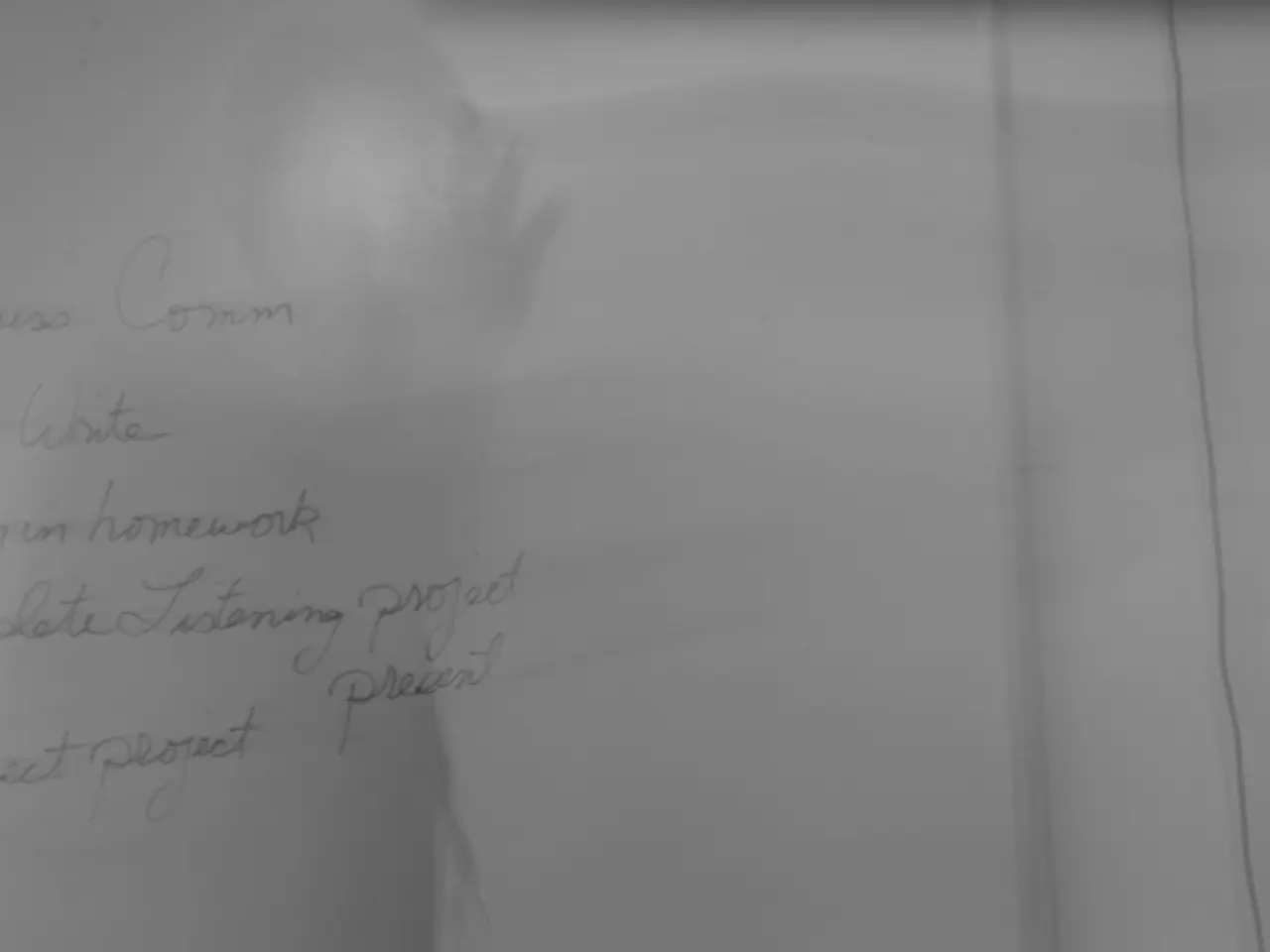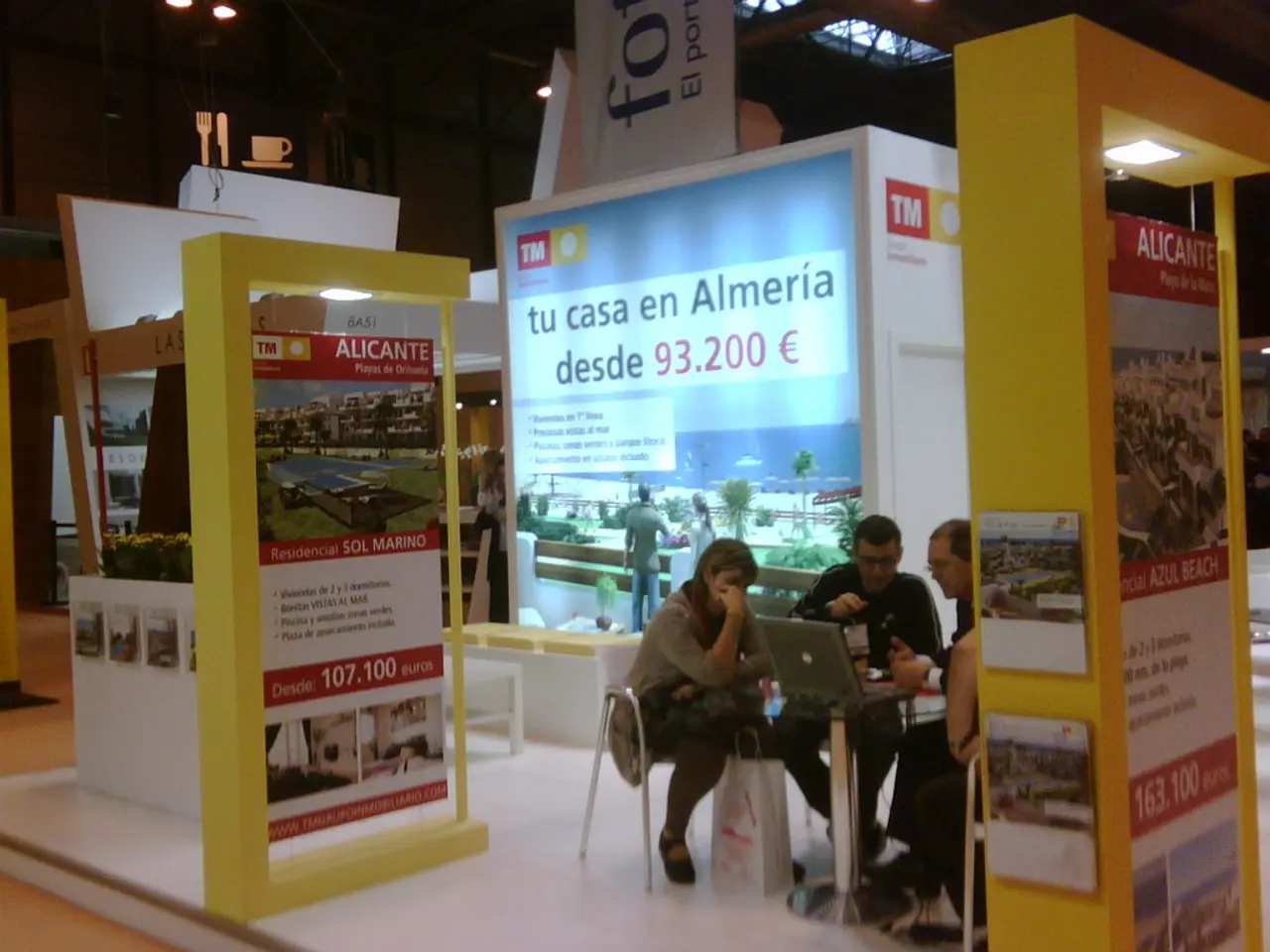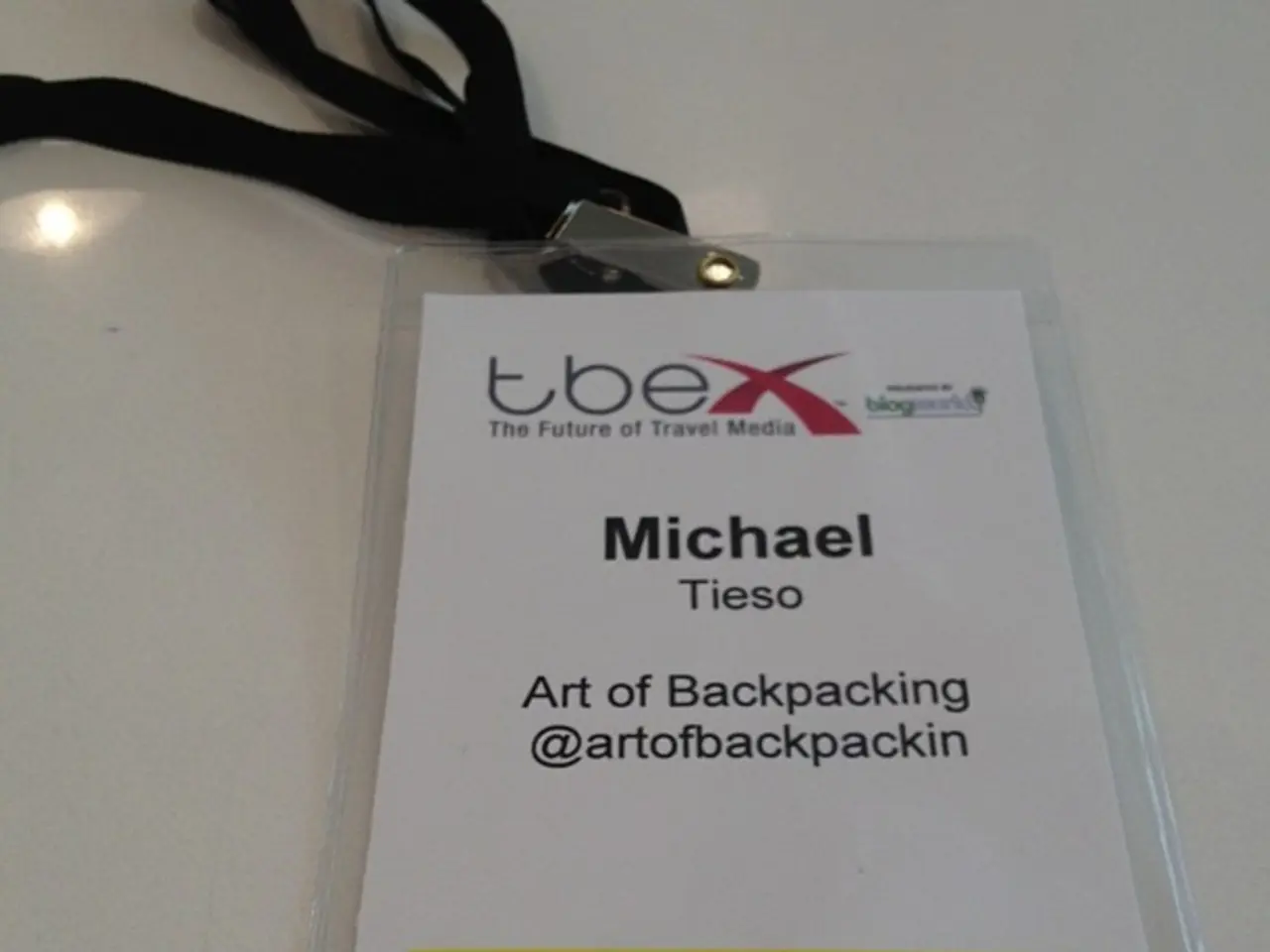Kicking the Zoll Crisis into High Gear: Nazi-esque Tactics Taking a Toll on Germany's Economy, Says Reich
Daily, the German economy experiences substantial financial losses due to customs disagreements
In her recent whirlwind trip to the States, German Minister of Economics Katherina Reich emphasized the urgent necessity to put an end to the ongoing Zoll battle. "The present Zoll debacle is slicing millions of euros off the German economy every day," the CDU woman declared during a powwow with Washington bigwigs. The ensuing uncertainty calls for immediate attention.
Her mission, running through the weekend, is unequivocally aimed at championing EU negotiations as they enter a pivotal phase. Reich has already held tête-à-têtes with power players like Treasury Secretary Scott Bessent, Commerce Secretary Howard Lutnick, and U.S. Trade Representative Jamieson Greer, as well as American biz honchos.
"A whopping 6,000 German companies set up shop in the Us, turning out merchandise in all 50 states," she noted. These operations employ close to a million Yanks. "This is all about escalation, investment, job creation, and smooth-sailing supply lines."
The man at the helm, Donald Trump, ignited a new trade war shortly after moving into the Oval Office by announcing steeper tariffs on EU exports. With recent stock market mayhem, Trump decided to extend a helping hand to several nations by granting a 90-day immunity from certain tariffs which expires on July 9. This period is intended for negotiations.
Enrichment:
Owing to Trump's additional duties on steel and aluminum imports set at 50%, the Eurozone, including Germany as a major trading nation, is feeling the heat. Although Germany exports a mere fraction of its steel and aluminum production to the U.S., the U.S. is the largest market for German steelworks. The enhanced tariffs have cranked up the heat on German manufacturers, as their Asian counterparts capitalize on the situation by shifting exports towards Europe, putting a further squeeze on Germany's steel sector[1].
Moreover, the steel industry, already battling high energy costs and the urgency to transition to greener production methods, now faces additional hurdles courtesy of the U.S. tariffs[1].
In the meantime, industrial transformation objectives, such as the production of green steel using renewable energy and hydrogen, have taken a beating thanks to the destabilizing effects of these tariffs. German Chancellor Friedrich Merz, initially expressing skepticism about the financial implications of these eco-friendly initiatives, now confronts a much more tortuous path to achieving these greenie goals due to the escalating economic pressures generated by the U.S. tariffs. Further, the volatile tariffs jeopardize international climate cooperation between the U.S. and Europe[1].
In a nutshell, the ongoing Zoll conflict continues to create a ruckus with the higher U.S. steel and aluminum tariffs causing difficulties for Germany's economy's steel sector by intensifying competition and complicating green industrial transformation efforts. This ruckus upsets trade relations and imposes various economic and policy challenges for Germany[1].
Community policy discussions are escalating in light of the Zoll crisis, as the economy suffers enormous losses daily. Reich's calls for urgency in EU negotiations are particularly focused on the industry sector, given the significant number of German companies operating in the US, employing nearly a million Americans. However, the ongoing trade war, instigated by finance policies such as enhanced tariffs on EU exports, is putting pressure on Germany's steel industry, already battling high energy costs and the transition toward greener production methods. This economic turmoil has broader implications, affecting general-news topics like industrial transformation objectives, international climate cooperation, and even politics.







